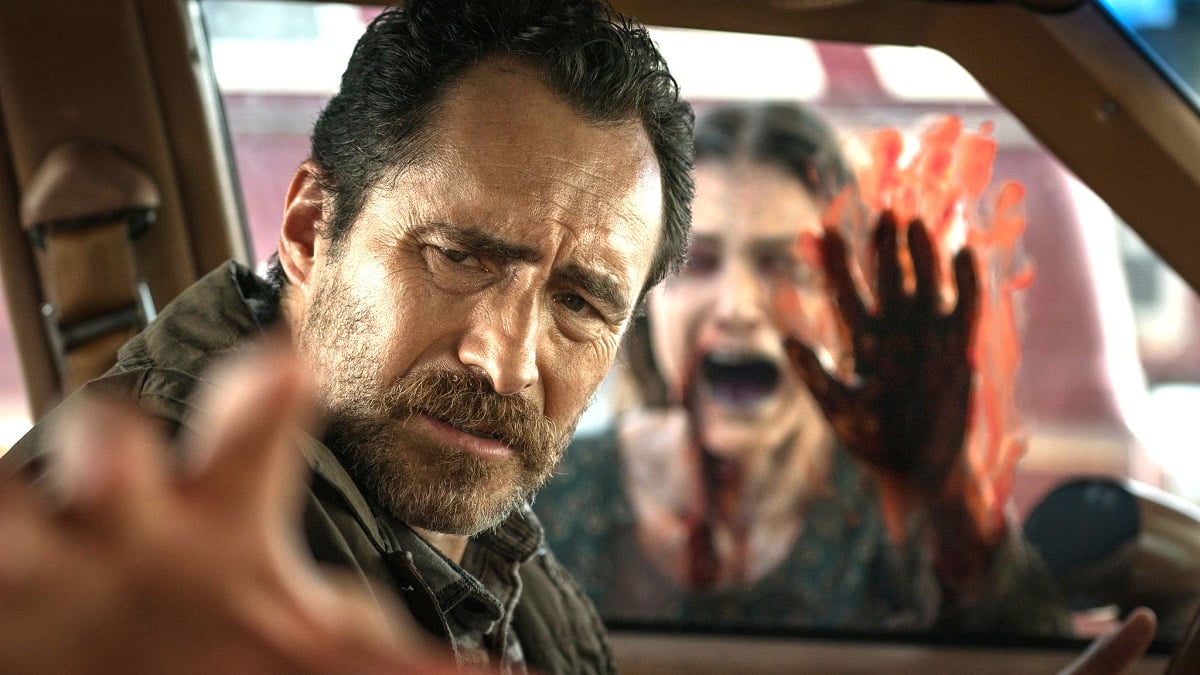Horror franchises almost always find themselves tangled in an increasingly impenetrable web of mythology the longer they continue, and that’s definitely true of The Grudge, especially if you factor the original Ju-On series into the equation.
Since officially launching in 1998 with short films Katasumi and 4444444444, which was then followed by feature length opener Ju-On: The Curse two years later, the timeline has devolved into shambles. In total, The Grudge universe consists of three shorts, 13 features, a TV series and a video game, covering multiple sequels, a handful of reboots, and even a crossover or two.
Even if we isolate the American arm of the saga, 2004’s The Grudge was a remake of the Ju-On, but The Grudge 2 was a standalone story that followed its own narrative path, despite what the title may lead you to believe. However, The Grudge 3 is a direct sequel to The Grudge 2, before 2020’s The Grudge acted as a reboot of the remake, albeit one that took place before and during the events of the previous three. Got all that?
It’s a lot to wrap your head around, and matters weren’t helped by the fact Nicolas Pesce’s effort resolutely failed to justify any reason as to why it needed to exist. It did do a decent turn at the box office after bringing in close to $50 million on a budget of under $15 million, though, but critics weren’t impressed.
Despite a 20% Rotten Tomatoes score and 27% user rating, The Grudge has been enjoying an uptick in popularity on Netflix this week, as per FlixPatrol. Horror will always draw in a crowd regardless of what the consensus says, but more than a few subscribers might end up regretting their decision to propel the completely forgettable and banal exercise in milking a property for all it’s worth onto the platform’s most-watched list.


